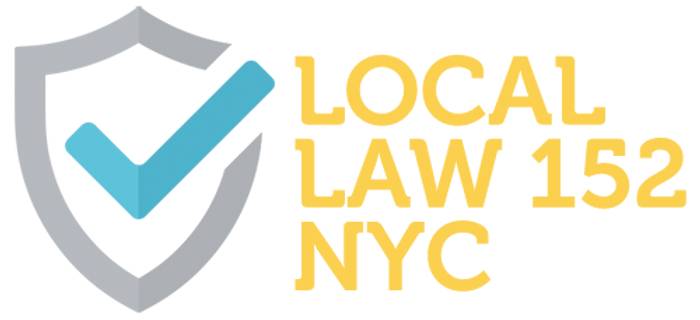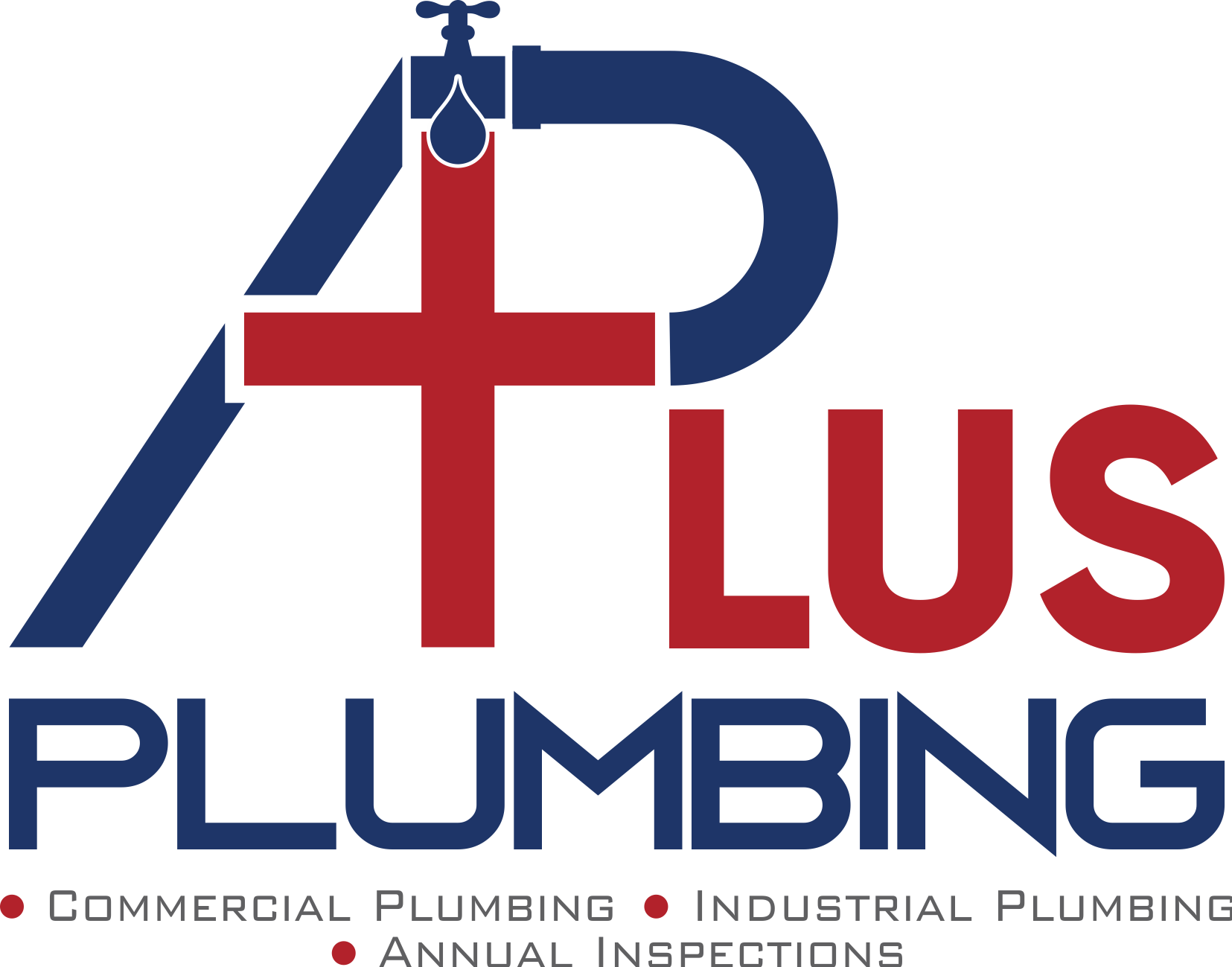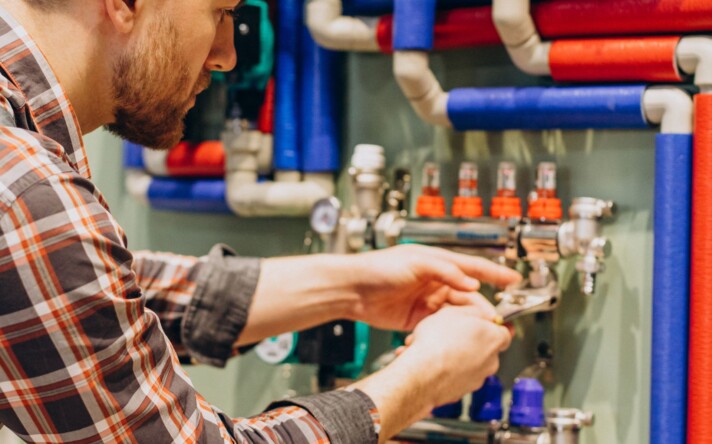As a property owner in New York City, understanding the regulations surrounding gas inspections is crucial for ensuring safety and compliance. Enacted in 2016, Local Law 152 calls for gas line inspections for every structure in the City. This blog post will delve into the details of Local Law 152, its implications for property owners, and how to navigate the inspection process efficiently.
What is Local Law 152?
Local Law 152 requires all NYC buildings to undergo regular inspections of their gas piping systems. The law aims to enhance safety by identifying potential hazards, such as gas leaks and improper installations before they lead to serious incidents. Property owners are responsible for ensuring their gas lines are inspected at least once every five years, with specific deadlines based on the building’s location.
Why is Local Law 152 Important?
One cannot stress the value of Local Law 152. Gas leaks can lead to catastrophic consequences, including explosions and health risks from carbon monoxide exposure. By enforcing regular inspections, the City aims to mitigate these risks and protect residents, visitors, and property. Compliance with the law not only ensures safety but also helps avoid hefty fines and legal liabilities for property owners who neglect their responsibilities.
Key Requirements of Local Law 152
Inspection Frequency
Local Law 152 states that every five years, all buildings have to have their gas pipework systems checked. The inspection must be conducted by a qualified professional who will assess the entire gas system for any potential issues. Property owners should keep track of their inspection schedules to avoid penalties.
Qualified Inspectors
To comply with Local Law 152, inspections must be carried out by a licensed and qualified individual. This typically means hiring a professional plumber or gas technician who has the necessary credentials and experience. It’s essential to choose someone familiar with NYC regulations to ensure a thorough and compliant inspection.
Documentation and Reporting
The inspector has to produce a thorough report detailing their results after the examination is over. This report should be submitted to the NYC Department of Buildings (DOB) within a specified timeframe. Failure to submit the report can result in fines and other penalties. Keeping a copy of the report for your records is also a good practice.
Remediation of Issues
If the inspection uncovers any issues, property owners must address them promptly. This may involve repairs or upgrades to the gas system to bring it up to code. The law emphasizes not just compliance but also the importance of maintaining a safe living environment.
Understanding the Inspection Process
Initial Preparation
Before the inspection, property owners should prepare by ensuring that all access points to the gas piping are clear. This includes checking basements, utility rooms, and any other areas where gas lines are located. Preparing can help the inspector complete their work efficiently, potentially reducing costs.
What to Expect During the Inspection
During the inspection, the qualified professional will examine various aspects of the gas system. This includes checking for:
- Visible Leaks: Inspectors will look for any signs of gas leaks, such as hissing sounds or the smell of gas.
- Corrosion: They will also check for any signs of corrosion on pipes and fittings, which can indicate potential failures.
- Connections and Fittings: All joints and connections will be assessed to ensure they are tight and secure.
- Ventilation: Proper ventilation is crucial for safety, and inspectors will verify that gas appliances are adequately ventilated.
Post-Inspection Steps
The property owner will get a comprehensive report following the examination. If issues are found, the report will specify what needs to be repaired and the timeline for compliance. It’s vital to act on these recommendations quickly to ensure safety and avoid penalties.
Common Challenges with Local Law 152 Compliance
Finding Qualified Inspectors
One of the biggest challenges property owner’s faces is finding qualified inspectors who are familiar with Local Law 152 requirements. It’s essential to conduct thorough research and choose a reputable inspector who has experience in NYC regulations.
Understanding the Report
Inspection report technical aspects can be intimidating. Property owners may struggle to understand the findings and recommendations. It’s advisable to ask the inspector for clarification during the inspection and to seek professional advice if necessary.
Cost of Repairs
If an inspection reveals issues with the gas system, property owners may face significant repair costs. Budgeting for these potential expenses is crucial. Frequent inspections help to spot issues early on, so saving money over time.
Tips for Property Owners
Stay Informed
Stay updated on any changes to Local Law 152 and other related regulations. The NYC Department of Buildings website is a valuable resource for current information.
Schedule Inspections Proactively
Don’t wait until the last minute to schedule your gas inspection. Proactive will afford you plenty of time to handle any problems that might develop.
Keep Records
Maintain thorough records of all inspections, repairs, and communications with inspectors. This documentation can be crucial if any disputes arise or if you need to demonstrate compliance.
Work with Professionals
Consider partnering with a plumbing and gas services company that specializes in Local Law 152 compliance. During the examination, they can offer direction and encouragement.

The Role of Technology in Gas Inspections
Advancements in technology have significantly improved the gas inspection process. Modern inspection techniques utilize advanced equipment, such as gas detectors and infrared cameras, to identify leaks that may not be visible to the naked eye. These tools enhance the inspector’s ability to detect problems early, ensuring that issues are addressed before they escalate into serious safety hazards. For property owners, this means a more thorough and reliable inspection process, leading to greater peace of mind regarding the safety of their gas systems.
Understanding the Legal Consequences
Neglecting Local Law 152 can have serious legal consequences for property owners. Fines for non-compliance can be substantial, and repeated violations may result in increased penalties. Furthermore, failure to address identified issues can lead to liability in the event of an accident or incident related to gas leaks. Understanding these potential ramifications underscores the importance of adhering to the law. Property owners should view compliance not just as a legal obligation but as a vital component of responsible property management.
Community Awareness and Education
Community awareness plays a crucial role in promoting gas safety. Property owners should engage with their tenants and educate them about the importance of gas safety and the implications of Local Law 152. Hosting informational sessions or distributing educational materials can foster a culture of safety within the building. Additionally, encouraging tenants to report any unusual odours or signs of gas leaks can help in addressing potential issues promptly, further enhancing safety for all residents.
Select the day and time for Your service and get instant, affordable pricing. Annual inspection……
annual check and test conducted to ensure that your boiler….
Anyone who owns a home understands that plumbing issues can never be foreseen 100%…
Future Trends in Gas Safety Regulations
As concerns about environmental safety and public health continue to grow, gas safety regulations will likely evolve. Future trends include more stringent inspection requirements, the adoption of renewable energy sources, and increased emphasis on the use of safer materials in gas systems. Property owners should stay informed about these trends to ensure compliance and enhance the sustainability of their properties. Being proactive in understanding and adapting to upcoming regulations can position property owners as leaders in safety and environmental stewardship in their communities.
Conclusion
Understanding and complying with Local Law 152 is essential for NYC property owners to ensure safety and avoid penalties. Regular inspections and quick fixes of problems help to safeguard your property and its residents. For expert assistance with gas inspections and compliance, contact A Plus Plumbing NYC today. We’re here to help you navigate the complexities of gas safety regulations!




